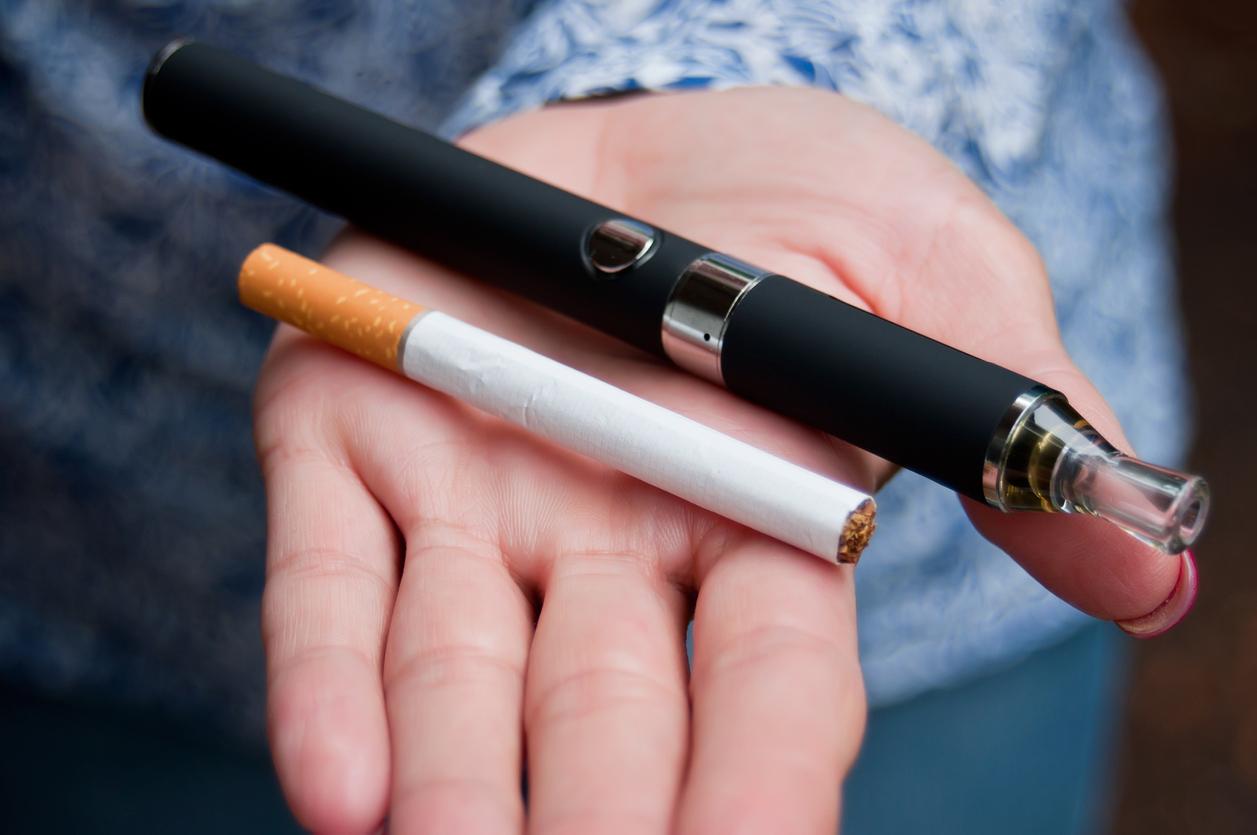The American Marlboro is entering the flourishing electronic cigarette market. A still fragile niche in France, where tobacco companies are still awaiting the results of the French investigation into the effects of the product.

The electronic cigarette market is attracting more and more people. Marlboro, the best-selling brand of cigarettes in the world, intends to adapt to new consumer preferences. Thus, in a press release made public a few days ago, the Altria group, maker of Marlboro cigarettes, announced that it would release a brand of e-cigarettes before the end of the year. The CEO of the firm, Marty Barrington, has so far given no details as to the name of its future product and its price. The announcement comes at the same time as the presentation of the group’s quarterly results. Sales of Marlboro cigarettes fell by more than 5% in the first quarter of 2013. In addition, Altria’s sales fell by more than 2.5% compared to the same period in 2012.
With this new market, the American group is attacking a business that has become a real niche for tobacco companies. According to a study by the research firm Euromonitor, sales of e-cigarettes worldwide reached $ 2 billion (1.5 billion euros) in 2011, or less than 1% of the global tobacco market. But this share should double by 2016 and reach 4% by 2050. “It is difficult not to notice the growing interest aroused by this product and the prospects for an explosion in this niche market”, underlines Euromonitor.
But tobacco companies are not the only ones eyeing this flourishing market. Visiomed Groupe, “leader in France in medical electronics” announced on March 25 that it would also “attack the electronic cigarette market”. This company even claims the status of a medical device in smoking cessation. If the National Agency for Medicines and Health Products Safety (ANSM) accepts the dossier submitted by this manufacturer, that would be a first.
In France, more than a million consumers have already tasted e-cigarettes, and dozens of companies have been trying to conquer this market in recent months. An offensive which comes up against concerns on the part of the public authorities on the consequences of the consumption of e-cigarettes for health. The Minister of Health, Marisol Touraine, last month asked for an investigation on this subject in order to make a benefit-risk assessment of this device which raises a number of questions. Doubts about the effects of electronic cigarettes which are not new. Indeed, in May 2011, the Medicines Agency (Ansm) recommended “Not to consume electronic cigarettes”. The Ansm claimed that these solutions contained varying amounts of nicotine, which, even at low concentrations, could “lead to serious adverse effects”. The health agency stressed in particular that the use of electronic cigarettes should be avoided in breastfeeding women because of the toxicity of certain substances and the absence of data relating to their passage into breast milk. And in the United States, the Food and Drug Administration (FDA) was to submit regulatory proposals in April to regulate their marketing, recalls the Wall Street Journal. A post that was delayed: “We need to do more research,” a spokeswoman for the US health authority said this week.
.















